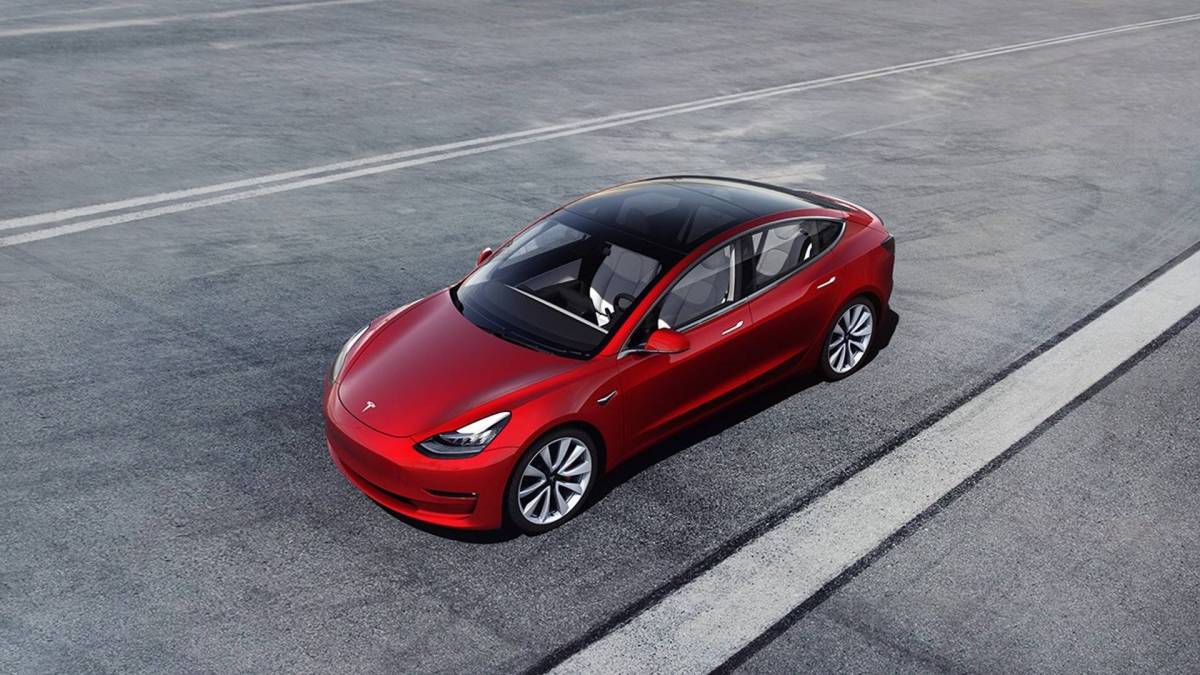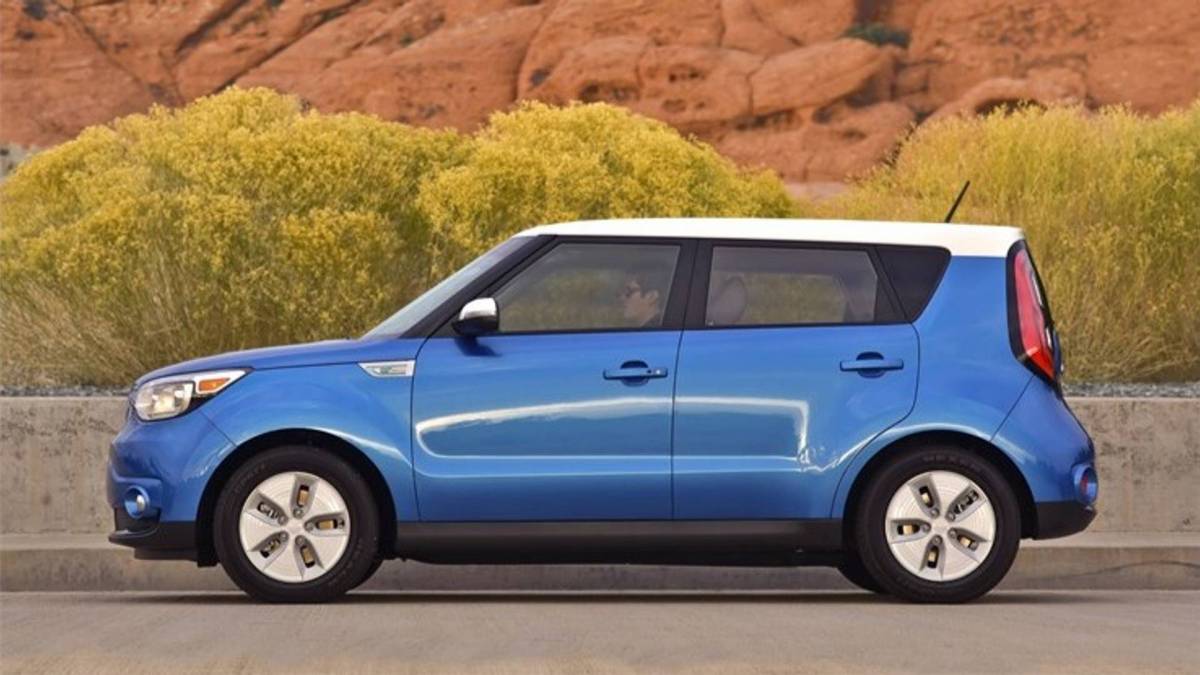
Here’s which electrified autos will save an owner the most money on car insurance premiums.
Auto insurance premiums are based on the risk that a given motorist will file a claim. This is determined largely according to personal factors, including one’s age, gender, marital status, address, credit score, and driving record. But there’s one additional consideration that can make a big difference in what you’ll pay for insurance, and that’s to simply buy a vehicle which is less costly to cover from day one.
For starters, expensive vehicles inherently cost more to insure than cheaper models, simply because the cost of repairs and the threshold in value before they become “totaled” in a wreck are much higher. Providers also take into consideration factors like a model’s claims history, safety ratings, and other factors. By that yardstick, high-performance luxury cars having six-figure sticker prices suffer the highest rates of all.
How do insurance rates fare for the current fleet of electric cars? About average, according to a survey of vehicles from the 2018 model year conducted by the website Insure.com. Typical premiums for the cheapest to insure EVs run from around $1,600 to just over $1,700 annually, with the national average among all vehicles at $1,645. We’re featuring the five EVs for the 2018 model year having the lowest average premiums in the accompanying slideshow.
Not surprisingly, the costliest EVs on the road are also the most expensive to insure. That would be the Tesla Model S sedan and Model X sport utility vehicle, with average annual premiums of $2,950 and $2,850, respectively. Note that those figures are for base models – trade up to a top-of-the-line Model S and that rate jumps to an average $3,370.
Keep in mind that these are national averages and are based upon a hypothetical driver with positive risk factors. You’ll pay a lot more if your driving record is pockmarked with multiple moving violations and/or accidents. What’s more, rates for a given model can vary significantly from one state to another due to factors like population density and regulations governing insurance companies. For example, the Tesla Model S will cost an average $4,369 to insure if you live in Michigan, but only $1,660 a year if you reside in Maine. Insure.com maintains a handy database of rates for more than 3,600 vehicles for comparison, with average premiums reviewable on a national or by-state basis.
No matter what you drive, where you live, or how many traffic tickets you’ve accumulated, comparing price quotes from multiple carriers is the easiest way to help lower your auto insurance rates. That’s because every insurance provider uses different actuarial formulas to compute their rates, with some charging more or less to cover a given motorist based on his or her risk factors. Further, make sure you’re obtaining every applicable discount for which you’re entitled, including those for bundling car and homeowner’s coverage, and for driving less than a set number of miles per year.

5. Tesla Model 3
Average annual premiums: $1,729. With a sticker price that starts at $50,200, the Tesla Model 3 is the costliest EV on our short list of cheapest to insure EVs. Still, it commands barely-above-average insurance rates that we suspect are kept reasonable due to the car’s five-star safety ratings in crash tests conducted by the National Highway Traffic Safety Administration.

4. Kia Soul EV
Average annual premiums: $1,620. As a small battery-powered wagon, the boxy/funky Kia Soul EV is a sane and practical choice, and starting at $33,145 (before the $7,500 federal tax credit), it’s also affordable. Low operating costs, a long warranty, and about-average insurance rates sweeten the deal. Unfortunately, the Soul EV is only sold in California, Connecticut, Georgia, Maryland, Massachusetts, New Jersey, New York, Oregon, Texas, and Washington.
3. Ford Focus Electric
Average annual premiums: $1,619. Offered in all 50 states, the compact Ford Focus Electric hatchback is among the most affordable EVs on the market. It starts at $29,999, and that’s before deducting the federal tax credit and any applicable state/local incentives. It’s likely to be dropped from the lineup next year, however, as part of Ford’s plan to shift production from passenger cars to trucks and SUVs.
2. Nissan Leaf
Average annual premiums: $1,602. With a still-affordable sticker price that starts at $30,885 (before deducting the federal tax credit), the Nissan Leaf received a longer-range battery for 2018 that affords a 151-mile range. It’s also the least-expensive EV to insure that’s available nationwide.
1. Fiat 500e
Average annual premiums: $1,566. Sold only in California and Oregon, the 500e version of Fiat’s stylish and sporty subcompact coupe gets the lowest average insurance rates of any full-electric car for 2018, according to Insure.com. And that’s despite it having a higher sticker price – starting at $34,240 – than the costlier-to-insure Leaf, Focus, and Soul EVs. We suspect having a range of just 87 miles on a charge helps keep the number of miles driven annually down to an insurance-friendly level.
